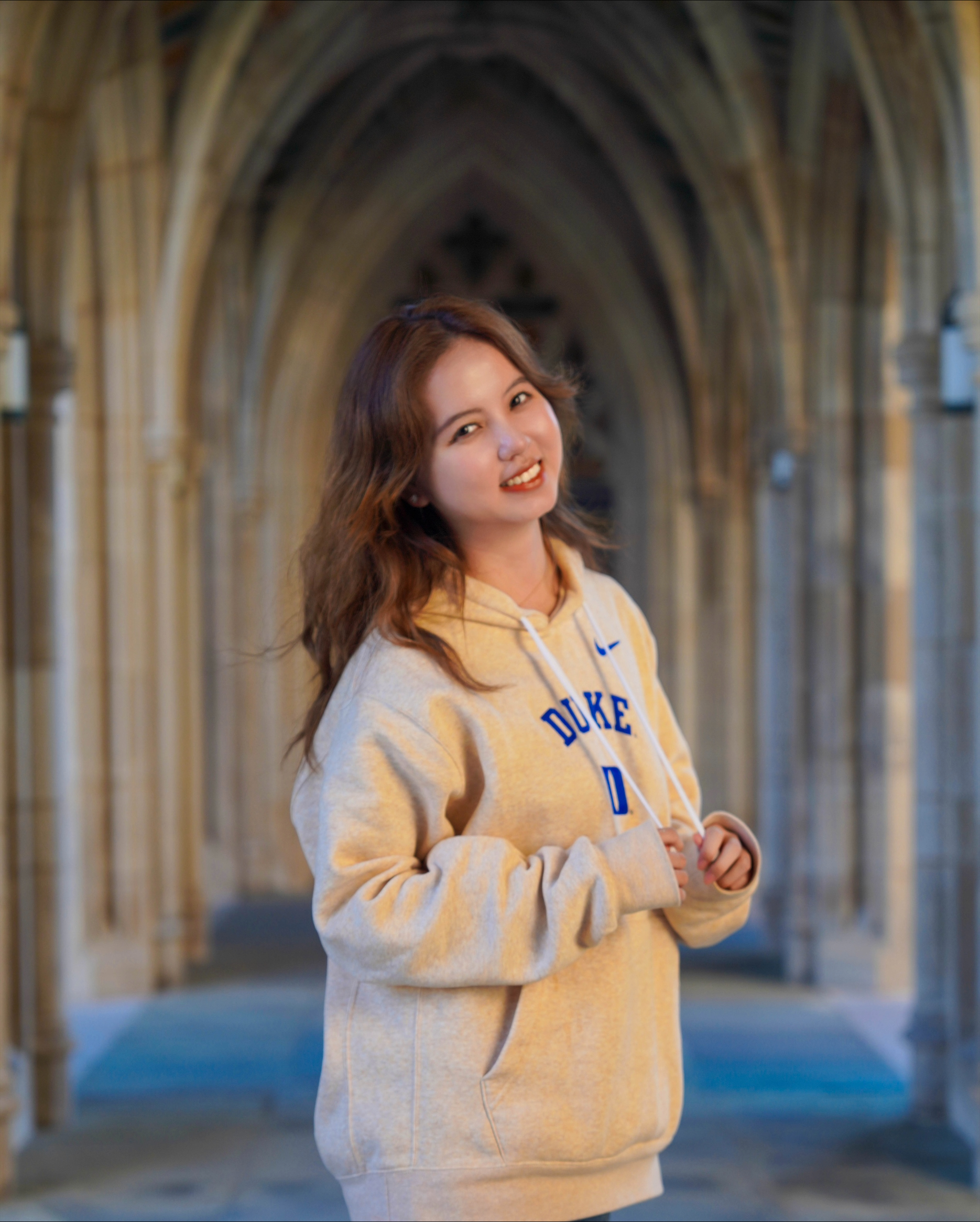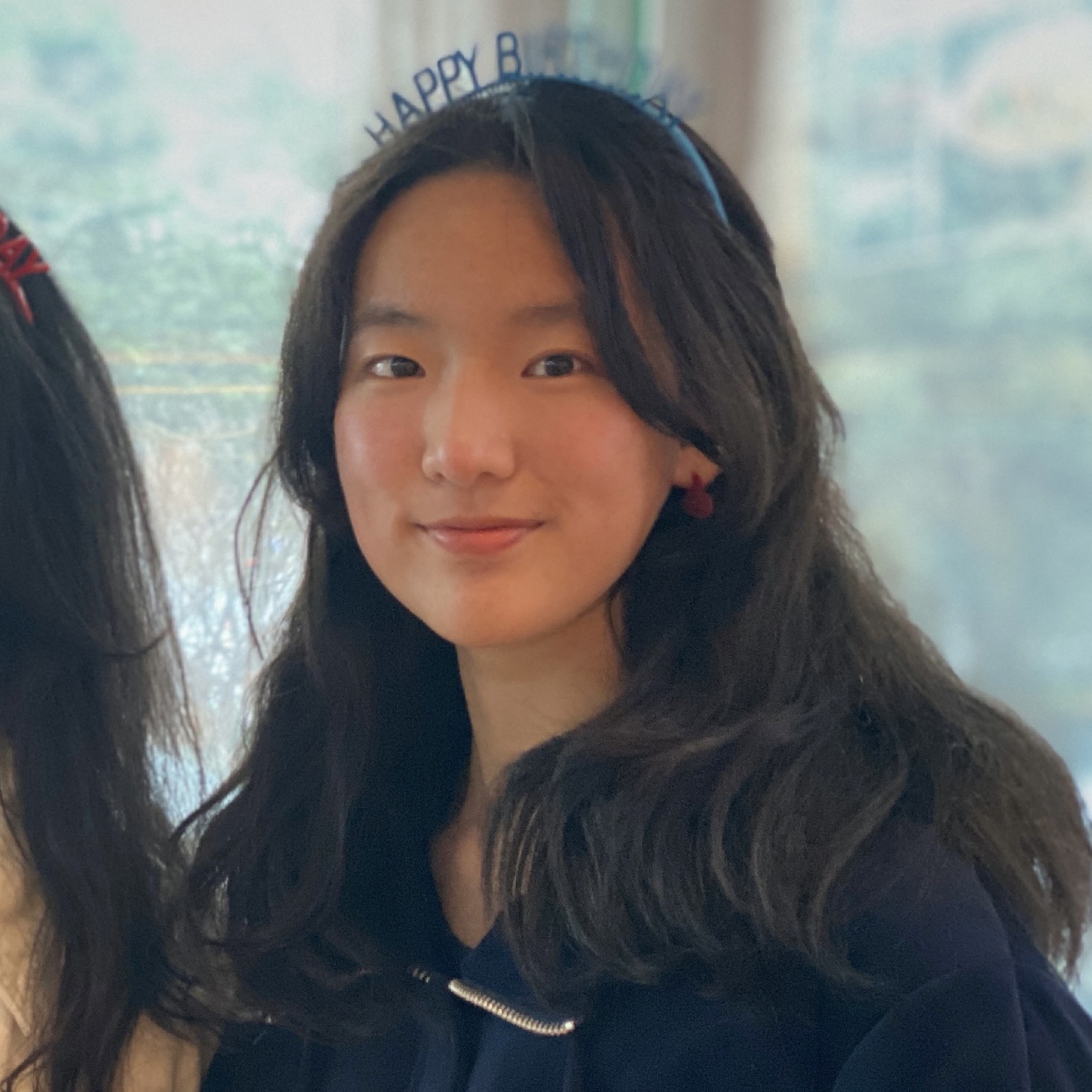Program / Treatment Design
Effectiveness of Rehabilitative Group Therapy on Community-Dwelling Older Adults with Mental Disorders in China
(PS3-47) Effectiveness of Rehabilitative Group Therapy on Community-dwelling Older Adults with Mental Disorders in China

Siyuan Wang, B.S.
Student Researcher
Duke Kunshan University
Durham, North Carolina, United States
Yifei Luo, B.S.
Student Researcher
DukeKunshan University
Huizhou, Guangdong, China (People's Republic)
Author(s)
Result: The mean age of the participants was 60.4 years (SD=13.5), and 70% of the participants were female. Although data collection for participants’ anxiety and depression symptoms, sleeplessness, quality of life, and levels of social functioning is still in progress, preliminary analysis aligns with our hypotheses, indicating potential significant reductions in anxiety and depression, alongside notable improvements in social skills and quality of life after 26 weeks. Content analysis of participant feedback and observed behavior supported these findings, showing subjective reports of empowerment, increased social engagement, and enhanced daily living skills post-intervention. However, improvements in sleeplessness did not reach statistical significance. There was no statistically significant relationship between anxiety, depression, social skills, and quality of life while controlling age and year of diagnosis in correlation analysis. No significant gender difference was observed.
Background: In China, where over 60-year-olds comprise 21% of the population, many face mental health issues and financial hardships, with few support programs available. Rehabilitative Group Therapy (RGT) emerges as a pivotal solution, integrating interpersonal dynamics, and support within a group setting to facilitate rehabilitation and recovery. This research aimed to evaluate the effectiveness of RGT in enhancing the well-being and social functioning of elderly individuals struggling with mental disorders in China.
Method: A 6-month RGT program was delivered to 45 older adults with mental disorders in Zhoushi, Kunshan, involving weekly 1.5-hour sessions at the local community center. Delivered by three licensed social workers, this program consisted of three sections: (1) Physical Training and Mindfulness: Participants engaged in the practice of Baduanjin, a traditional Chinese Qigong method involving coordinated body movements, controlled breathing, and meditation used for health, spiritual, and martial arts purposes. (2) Health Education: Health-related lectures covering topics such as blood pressure measurement, anxiety alleviation, and proper medication usage are delivered. (3) Social Skills Training: This section centered on social skills enhancement, incorporating training sessions on effective communication skills and strategies for managing rejection. Pre-post-study design is used to assess mental health and social functioning after the conclusion of each week’s session. Considering participants’ cognitive abilities, these assessments were measured by trained observers based on direct behavioral observation and participants’ self-reports. Repeated measures ANOVA, mixed-effects model, and content analysis were used to examine RGT’s impact.
Conclusion: RGT shows promise for improving mental health and social function in older adults with mental and financial challenges in China. Future research and cross-regional studies are crucial to affirm and expand these preliminary findings, thus strengthening the case for integrating RGT programs into support systems tailored for disadvantaged and vulnerable populations.

.png)
